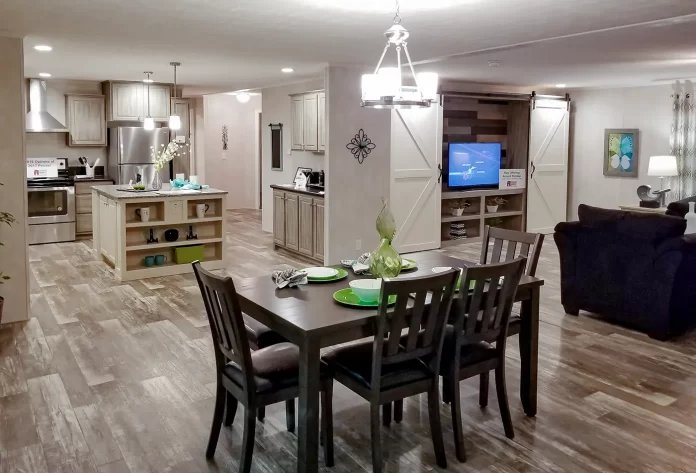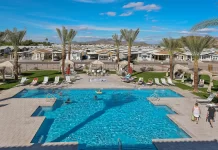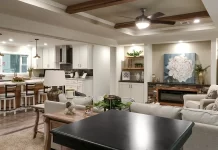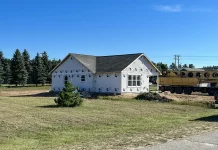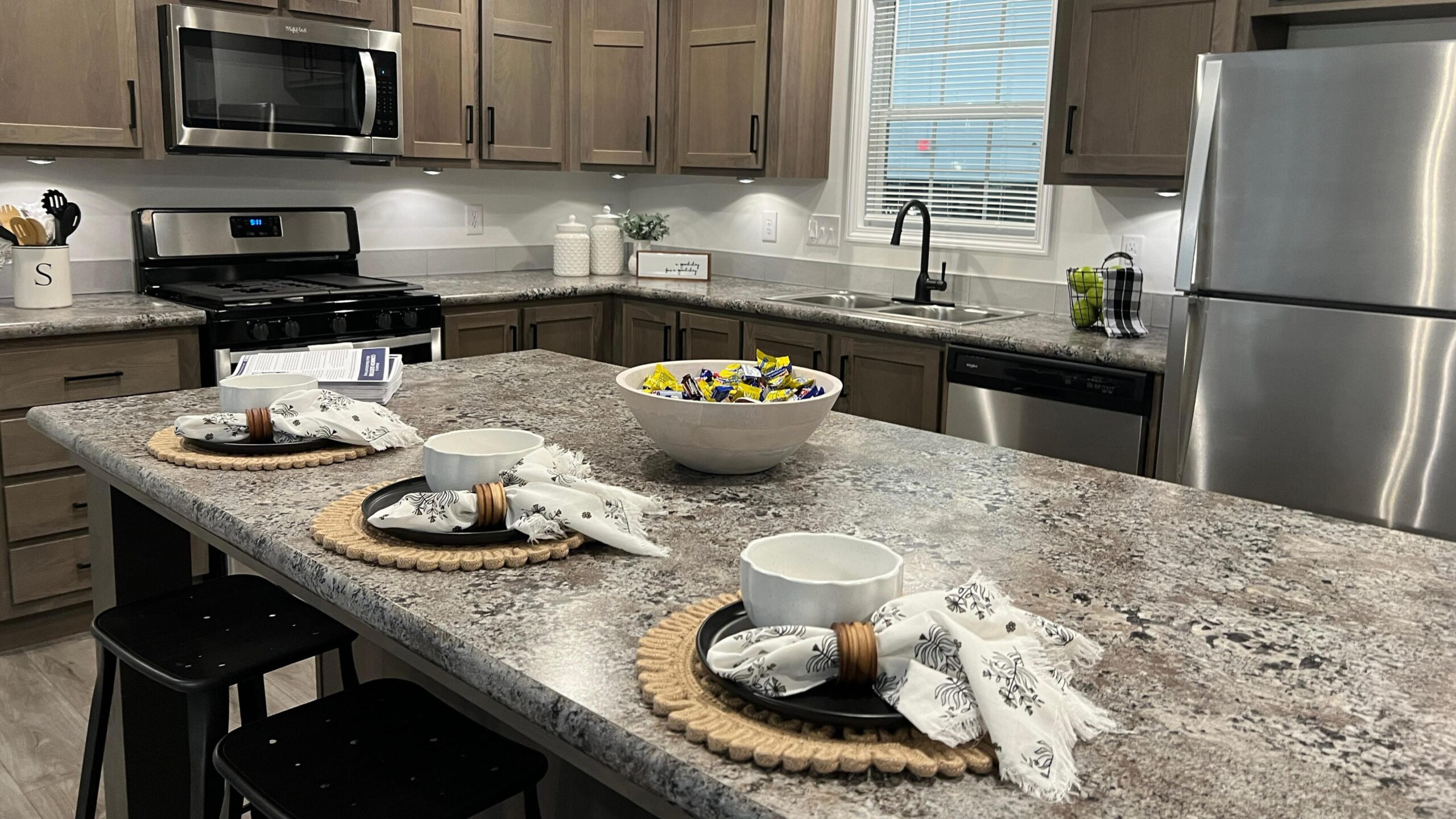If you’re shopping for mobile homes, you’ve probably heard the terms “mobile home” and “manufactured home” used interchangeably. But did you know there’s a key difference? It all comes down to when the home was built and the standards it follows. The distinction between mobile home vs manufactured home HUD regulations has a significant impact on quality, safety, and even the buying process. In this blog, we’ll break down the differences and what they mean for you as a buyer or homeowner.
What Is the Difference Between a Mobile and Manufactured Home?
The key difference between mobile homes and manufactured homes lies in when they were built and the standards they meet. A mobile home refers to factory-built homes constructed before June 15, 1976. After this date, the U.S. Department of Housing and Urban Development (HUD) implemented building standards for factory-built homes that were significantly updated in September of 2024. Homes built after June 15, 1976, under these standards, are officially known as manufactured homes, meaning they meet federal guidelines for safety, durability, and energy efficiency.
When Did They Start Calling Mobile Homes Manufactured Homes?
The shift from “mobile home” to “manufactured home” occurred after June 15, 1976, when HUD introduced national safety and construction standards for factory-built homes. Homes built after this date are referred to as manufactured homes to distinguish them from pre-1976 mobile homes, which were not held to the same regulations.
What Is the Difference Between a Modular and a Manufactured Home?
The difference between modular and manufactured homes comes down to how and where they are built, as well as the building codes they follow.
- Manufactured Homes: These are built entirely in a factory and must adhere to federal HUD standards. Manufactured homes are built on a steel chassis and are typically transported to the site in one or more sections.
- Modular Homes: While also built in a factory, modular homes are constructed in sections (or modules) and are transported to the site for final assembly. They follow local and state building codes, and often offer more customization and flexibility in design.
What Is the Correct Term for a Mobile Home?
While the terms “mobile home” and “manufactured home” are often used interchangeably, the correct term for a mobile home depends on when it was built. For homes constructed before June 15, 1976, the term mobile home is accurate. However, homes built after this date are officially referred to as manufactured homes. This change in terminology was implemented when the U.S. Department of Housing and Urban Development (HUD) introduced federal construction and safety standards, known as the HUD Code. Today, manufactured homes are the preferred term for any factory-built home that adheres to these HUD Code federal regulations.
What Are the Pros and Cons of a Manufactured Home?
Manufactured homes come with several benefits but also have a few potential drawbacks. Here’s a quick look at the pros and cons:
Pros:
- Affordability: Manufactured homes are generally more affordable than traditional site-built homes, offering a cost-effective housing option.
- Quick Installation: Since these homes are built in a factory, they can be quickly transported and installed on your land or in a community.
- Customizable: Many manufacturers offer customization options, allowing buyers to choose floor plans, finishes, and features.
- Energy Efficiency: Modern manufactured homes are built to meet HUD standards, which include energy-efficient materials and appliances, helping homeowners save on utility costs.
Cons:
- Limited Mobility: Despite their name, “mobile” homes aren’t particularly mobile—in fact, most modern manufactured homes are never moved once they are transported from the factory that built the home and placed on private land or in a community. This is typically due to the fact that moving a mobile home is very expensive and often requires permits and a special moving company.
- Zoning Restrictions: Some areas have strict zoning laws that limit where manufactured homes can be placed.
Overall, manufactured homes offer affordability and flexibility, but it’s important to consider all the factors when making a decision.
What’s the Best Place to Find Manufactured Homes for Sale?
If you’re searching for high-quality manufactured homes, MHVillage is the best platform to begin your journey. With the largest selection of listings across the country, MHVillage allows you to filter by location, price, size, and features, making it easier than ever to find the perfect home for your needs. Whether you’re looking for a budget-friendly option or something more luxurious, MHVillage connects you with trusted sellers and communities.
Ready to find your next home? Visit MHVillage today and start browsing the best selection of manufactured homes for sale, all in one convenient place!


